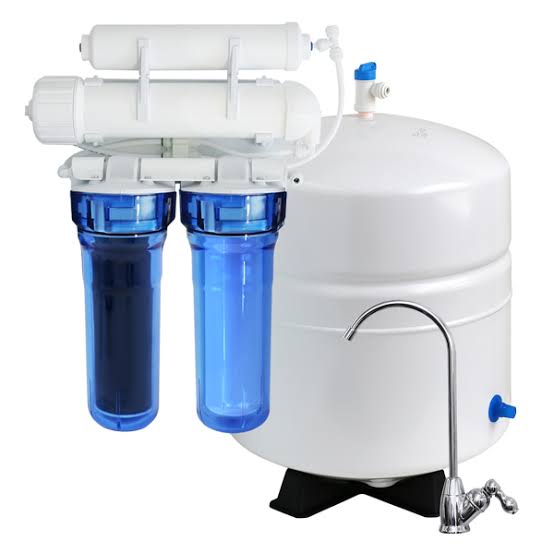If you are considering investing in a reverse osmosis system for your home, you may wonder if it’s worth the cost. With so many options, it can take time to determine if this filtration method is suitable for you.
We have compiled the essential information to decide whether reverse osmosis systems are worth it.
If you decide to invest in one, consult with reverse osmosis system specialists in Phoenix for professional installation and maintenance services. With the proper system and care, you can enjoy safe, clean water for years.
Table of Contents
What is reverse osmosis?
Reverse osmosis (RO) is a unique filtration process that eliminates contaminants by forcing the water through a semipermeable membrane. This membrane filters out most impurities, such as lead, chlorine, and other harmful chemicals, resulting in clean drinking water. RO systems also use additional filters, such as activated carbon and sediment filters, to thoroughly purify the water.
Pros of reverse osmosis systems
- Removes contaminants: As mentioned earlier, reverse osmosis systems are very good at removing contaminants from water. They eliminate impurities that can affect the taste and smell, making them a great option for people sensitive to tap water’s taste.
- Cost-effective: while reverse osmosis systems may require a significant upfront investment, they can save money over time. By purifying your water at home, you won’t need to buy bottled water or frequently replace filters used in other filtration systems.
- Easy maintenance: RO systems have relatively low maintenance requirements. You will need to replace the filters periodically, but this is a simple and affordable process that can be done yourself.
- Versatile: These systems can be used for residential and commercial purposes and are compatible with most water sources, making them a versatile option for any setting.
Cons of reverse osmosis systems
- Wasteful: One of the main criticisms of reverse osmosis systems is that they can be wasteful. These systems can produce significant amounts of wastewater in filtration, which can concern environmentally conscious individuals.
- Removes healthy minerals: Besides removing contaminants, reverse osmosis eliminates essential minerals from water, such as calcium and magnesium. While these minerals are unnecessary for survival, they provide some health benefits. However, these minerals can also be obtained through other sources in your diet.
Is a reverse osmosis system worth it?
Investing in a reverse osmosis system depends on your specific needs and preferences. It may be worth it if you are looking for an effective and convenient way to purify your water at home.
However, other filtration options are available if you are concerned about the system’s wastefulness or prefer to obtain minerals through your drinking water.
Alternative filtration methods
- These filters use activated carbon to trap contaminants and improve the taste and smell of water. While they are less effective than reverse osmosis systems, they are more affordable and produce less wastewater.
- UV Water Purifiers: Ultraviolet (UV) water purifiers use UV rays to kill bacteria, viruses, and other microorganisms in water. Like activated carbon filters, they are less thorough than RO systems but offer a more environmentally friendly option.
- Distillation: Distillation involves boiling water and collecting steam to remove impurities. This method can be less effective than reverse osmosis systems.
Conclusion
In conclusion, reverse osmosis systems are a highly effective filtration method that removes contaminants from water, making it safe and healthy for consumption. However, due to their wastefulness and removal of essential minerals, some may have better options. It’s essential to consider your needs, budget, and environmental concerns when deciding if it is worth it.
Consult a water filtration specialist to determine the best option for your home or business. A reverse osmosis system can provide clean and pure drinking water for years with proper maintenance and careful consideration.

